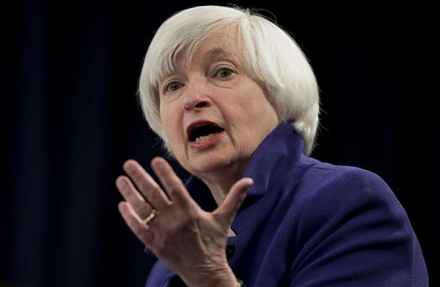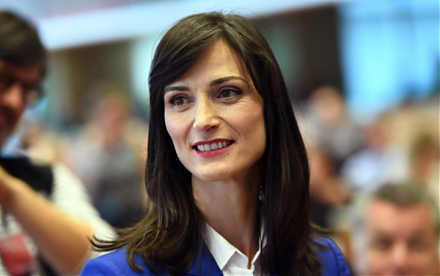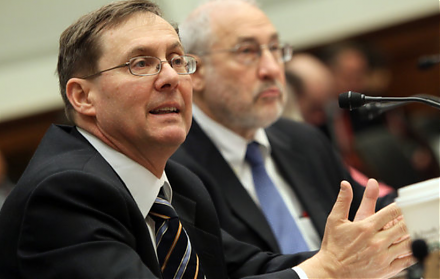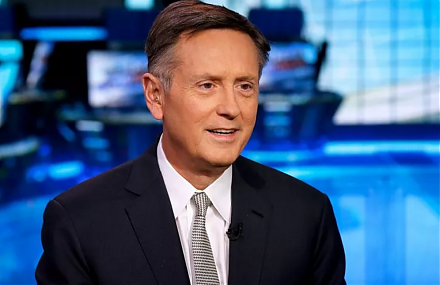

2019-03-23 09:31:00 Sat ET
technology social safety nets education infrastructure health insurance health care medical care medication vaccine social security pension deposit insurance
Congresswoman Alexandria Ocasio-Cortez proposes greater public debt finance with minimal tax increases for the Green New Deal. In accordance with the modern monetary theory, the central bank can print money to support greater government expenditures without tax hikes as greater labor participation helps fill the economic output gap. In reality, nevertheless, the modern monetary theory seems bizarre to eminent economists such as Paul Krugman and Lawrence Summers. For the fiscal year 2019-2020, the Trump budget proposal would increase defense expenditures by 5% with 30% budget cuts to health care and environmental protection.
For better border security and immigration, Trump asks for another $5 billion public finance to fulfill his campaign promise of a southern border wall. The Trump $4.75 trillion budget has a slim chance of passing through the Democrat-majority House. All these fiscal details set the stage for another acrimonious battle between Trump and Congress.
Alternatively, the Sargent-Wallace monetarist arithmetic analysis suggests that the government would have to tolerate higher inflation when the central bank raises seigniorage taxes on money supply growth to absorb any discrepancy between budget deficit and public bond issuance. The subsequent Federal Reserve interest rate adjustments may thus inadvertently offset the positive economic effect of fiscal stimulus that the Trump administration proposes in the current budget deal.
If any of our AYA Analytica financial health memos (FHM), blog posts, ebooks, newsletters, and notifications etc, or any other form of online content curation, involves potential copyright concerns, please feel free to contact us at service@ayafintech.network so that we can remove relevant content in response to any such request within a reasonable time frame.
2018-11-05 10:40:00 Monday ET

Former Fed Chair Janet Yellen worries about U.S. government debt accumulation, expects new interest rate increases, and warns of the next economic recession
2019-10-19 16:35:00 Saturday ET

European economic integration seems to have gone backwards primarily due to the recent Brexit movement. Brexit, key European sovereign debt, and French and
2025-07-26 09:26:00 Saturday ET

Nir Eyal and Ryan Hoover explain why keystone habits lead us to purchase products, goods, and services in our lives. The Hooked Model can help shine new lig
2023-07-28 11:28:00 Friday ET

Lucian Bebchuk and Jesse Fried critique that executive pay often cannot help explain the stock return and operational performance of most U.S. public corpor
2019-10-31 13:38:00 Thursday ET

AYA Analytica finbuzz podcast channel on YouTube October 2019 In this podcast, we discuss several topical issues as of October 2019: (1)
2023-09-21 09:26:00 Thursday ET

Jordi Gali delves into the science of the New Keynesian monetary policy framework with economic output and inflation stabilization. Jordi Gali (2015)